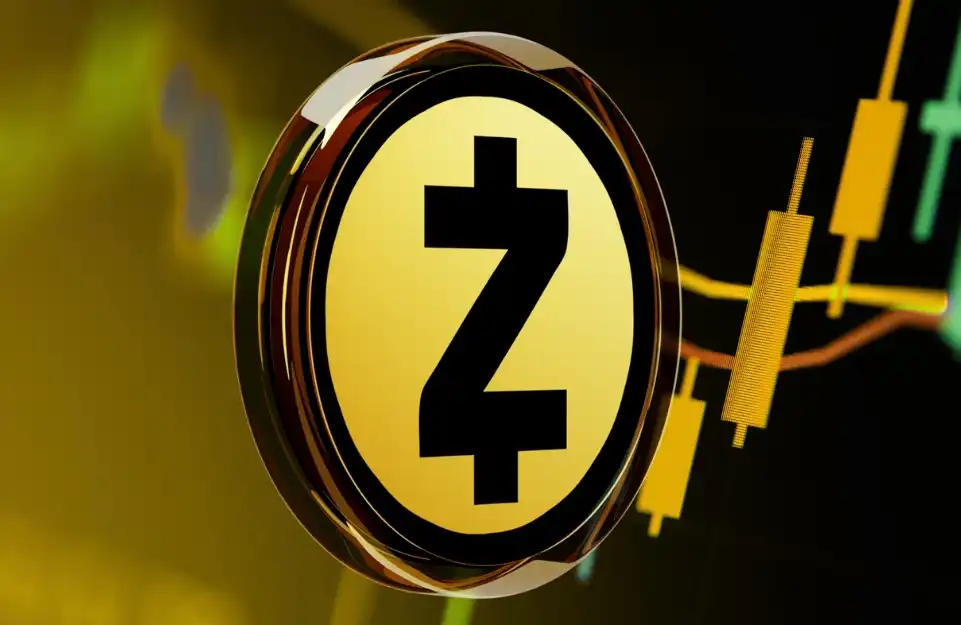Vitalik proposes gas cap to enhance Ethereum security
 2025/07/07 08:40
2025/07/07 08:40Ethereum co-founder Vitalik Buterin and researcher Toni Wahrstätter have introduced EIP-7983, a new proposal to cap gas usage per transaction at 16.77 million units.
The cap is designed to improve Ethereum’s network security, performance consistency, and compatibility with zero-knowledge virtual machines (zkVMs).
The proposed limit equals 2²⁴ gas units, or 16.77 million, and would apply to individual transactions—not the overall block gas limit.
Under current rules, a single transaction can consume an entire block’s gas, creating a vector for denial-of-service (DoS) attacks and network instability.
EIP-7983 aims to prevent such attacks by forcing large transactions to be split into smaller, manageable segments.
This change is expected to make gas distribution across the network more predictable and reduce the chance of network congestion.
Transactions attempting to exceed the 16.77 million gas limit would be rejected during block validation.
The change is purely protocol-level and doesn’t impact the adjustable block gas limit that miners and validators control.
Buterin and Wahrstätter argue that the proposed limit balances performance and complexity.
According to the proposal, it allows for sophisticated DeFi interactions and contract deployments without introducing excessive risk.
While not backward-compatible for transactions above the cap, the authors noted that most current transactions are already well below this threshold.
Therefore, the proposal is expected to have minimal impact on user experience and developer operations.
EIP-7983 builds upon previous work like EIP-7825, which also sought to enhance execution predictability on Ethereum.
The proposal aligns with Buterin’s broader vision of simplifying Ethereum’s base protocol.
In May, he advocated for reducing Ethereum’s complexity across consensus, execution, and shared layers.
He argued that Ethereum’s increasing intricacy has resulted in slower development, higher maintenance costs, and elevated security risks.
Buterin has also recently proposed a novel “pluralistic identity” system designed to enable privacy-preserving, equitable participation in digital environments.
The proposed gas cap reflects ongoing efforts to streamline Ethereum’s infrastructure while maintaining the flexibility needed to support evolving use cases.
If adopted, EIP-7983 could enhance Ethereum’s resilience and scalability in the long term.
At the time of reporting, Ethereum price was $2,594.66
Disclaimer: The content of this article solely reflects the author's opinion and does not represent the platform in any capacity. This article is not intended to serve as a reference for making investment decisions.
You may also like
"Crypto bull" Tom Lee: The crypto market correction may be nearing its end, and bitcoin is becoming a leading indicator for the US stock market.
"Crypto bull" Tom Lee stated that on October 10, an abnormality in the cryptocurrency market triggered automatic liquidations, resulting in 2 million accounts being liquidated. After market makers suffered heavy losses, they reduced their balance sheets, leading to a vicious cycle of liquidity drying up.

Besant unexpectedly appears at a "Bitcoin-themed bar," crypto community "pleasantly surprised": This is the signal
U.S. Treasury Secretary Janet Yellen made a surprise appearance at a bitcoin-themed bar in Washington, an act regarded by the cryptocurrency community as a clear signal of support from the federal government.

Solana founder shares eight years of behind-the-scenes stories: How he recovered from a 97% crash
What doesn’t kill it makes it legendary: How Solana was reborn from the ashes of FTX and is now attempting to take over global finance.

What’s next for the strongest altcoin of this round, ZEC?
There is a fierce debate between bullish and bearish views on ZEC.
